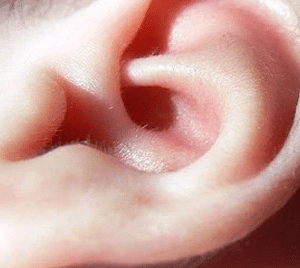
Typical signs of an ear infection include
- fever
- fussiness
- tugging at ears
- recent cold symptoms (runny nose, cough, etc)
- shaking of the head
- unwillingness to suck on a pacifier
- waking up at night crying
Your baby may show only one or two of these symptoms or none at all. Ear infections may occur after they had a runny nose for one to two weeks. Even though their noses stopped running, they would be fussier than usual and waking up at night crying. It is advised to bring baby to see doctor, even the times that there wasn’t an ear infection, it will still be a helpful trip. Knowing the baby didn’t have an infection helped you to look for other sources of distress and made it easier to be firm at bedtime.
The only foolproof way to diagnose an ear infection is to have a pediatrician do a quick examination. Long term untreated ear infections can cause damage, so the best rule is: When in doubt, get your baby checked out.
NannySOS is a confinement agency providing confinement care with a team of experienced babysitters in Singapore. More information is available in our article Babysitter Singapore.
